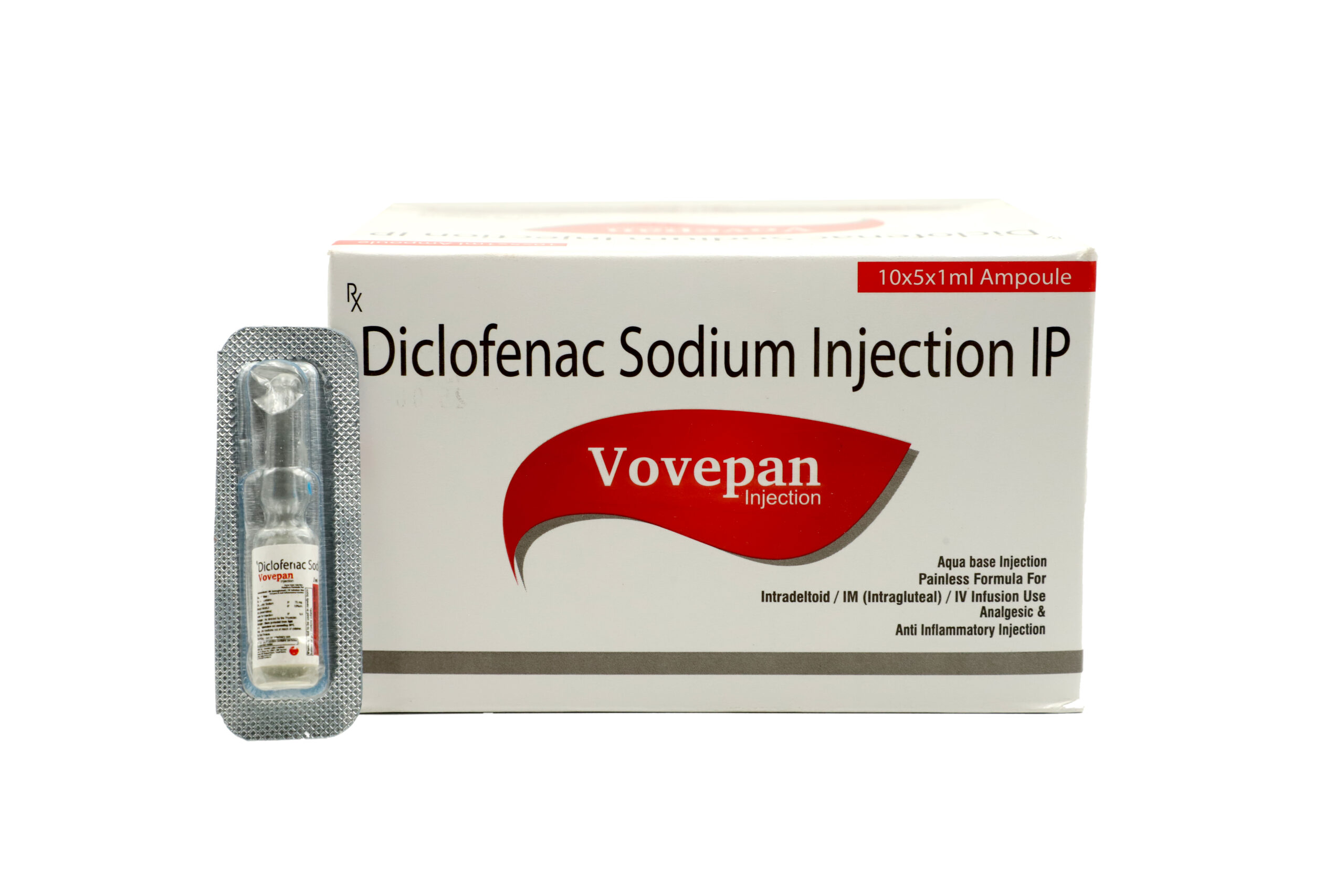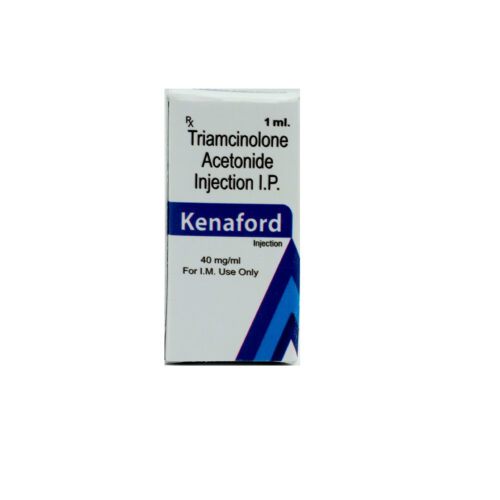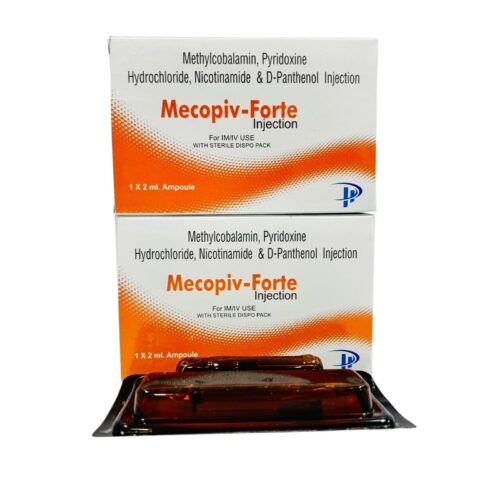Vovepan Injection
This combination of Diclofenac and Benzyl Alcohol is commonly used as an injectable solution for the management of pain and inflammation. Here’s a breakdown of the components, their uses, and benefits:
Diclofenac is a nonsteroidal anti-inflammatory drug (NSAID) that works by reducing inflammation, pain, and fever. It is widely used for various conditions related to pain and inflammation.
Mechanism of action:
Diclofenac works by inhibiting cyclooxygenase enzymes (COX-1 and COX-2), which are responsible for producing prostaglandins, chemicals that promote inflammation, pain, and fever.
Benzyl Alcohol is commonly used as a solvent in injectable formulations. It is not the active ingredient for therapeutic effects but serves to dissolve the primary medication (like Diclofenac) for injection.
Role in the injection:
Benzyl alcohol acts as a preservative and solvent, ensuring the stability and proper delivery of Diclofenac in injectable form.
Uses of Diclofenac and Benzyl Alcohol Injection:
- Pain Relief:
- Effective for managing moderate to severe pain, such as pain following surgery or injury.
- Can be used to treat pain related to conditions like musculoskeletal disorders, joint pain, and dental pain.
- Inflammatory Conditions:
- Helps reduce inflammation caused by conditions like rheumatoid arthritis, osteoarthritis, and ankylosing spondylitis.
- Postoperative Pain:
- Often used after surgical procedures to reduce pain and inflammation, improving recovery time.
- Acute Gout:
- It may also be used for managing the pain and inflammation associated with acute gout attacks.
Benefits:
- Effective Pain Management:
It provides rapid pain relief, making it particularly useful for acute pain management, especially in settings where oral medications may not be suitable. - Anti-inflammatory Effect:
It reduces swelling, redness, and other symptoms of inflammation, which is beneficial for conditions like arthritis. - Faster Onset of Action:
As an injectable form, Diclofenac acts more quickly than oral medications, making it suitable for acute pain relief. - Convenience in Hospital Settings:
It is particularly helpful when patients are unable to take oral medications due to nausea, vomiting, or other conditions that prevent swallowing pills.
Possible Side Effects:
- Gastrointestinal issues: Like ulcers, bleeding, or stomach upset.
- Allergic reactions: Skin rash, itching, or swelling.
- Kidney and liver problems: Prolonged use can impact kidney function.
- Injection site reactions: Pain or irritation at the site of injection.
Important Considerations:
- Precautions: It should be used cautiously in patients with a history of gastrointestinal disorders, heart disease, or kidney problems.
- Not for long-term use: Prolonged use of NSAIDs, including Diclofenac, can lead to increased risk of side effects, including cardiovascular events or kidney damage.
- Medical supervision: It should be administered under medical supervision, especially in a hospital or clinical setting.
In summary, Diclofenac and Benzyl Alcohol Injection is a useful treatment for various types of pain and inflammation, especially in cases of acute pain where rapid relief is needed. However, like all medications, it should be used carefully, considering potential side effects and contraindications.




